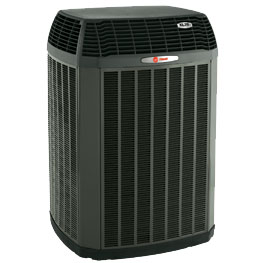Summer is here! As the weather warms up and we have more rain in PA, the humidity outside can skyrocket; but the humidity inside your home can increase, too. This increased indoor humidity can make your home feel hotter and, in addition to making you feel uncomfortable, can also lead to mold and mildew building up, your home’s wood swelling and cracking (that’s what happens when your doors get stuck), and many other things that can lead to health issues and costly solutions.

Luckily you can take the following steps to lower your indoor humidity.
- Set your thermostat to maintain ideal temperatures. You want your house cool when you’re home and inside, but you don’t want to go far below the recommended low temperature. You also want to make sure you increase the indoor air temperature when you’re not home or when you are sleeping and don’t need it as cool. Why do you want your house temperature to be just right and not too cool? In addition to easing the strain on your HVAC system and ensuring it survives the summer, relative humidity decreases as the temperature increases because warm air holds more moisture. When relative humidity decreases, it doesn’t feel quite as hot. Some thermostats also come with settings to measure and control humidity.
- Make sure your AC system is clean. Having clean filters and proper drainage will make your AC system run more efficiently so you don’t have to crank the AC all the way up to enjoy a cool home. This will also help keep your cooling bills as low as possible.
- Increase air circulation and ventilation. Make sure you open vents and turn on exhaust fans when cooking or showering. Don’t forget to make sure your vents take the air outside rather than simply recirculating the air inside. If you can’t do this, then crack open a window. This will help remove the moisture these activities create and will help air circulate. Also, make sure you use fans to help circulate air from your AC throughout the house.
- Check for leaking pipes. Leaking pipes lead to water which leads to moisture in the air. Increased moisture in the air will increase humidity.
- Limit use of vaporizers or humidifiers. If you need to use vaporizers or humidifiers to purify the air, limit your use of them. When you don’t need them, make sure they are off. Limiting use of these appliances will reduce the amount of humidity released into the air.





